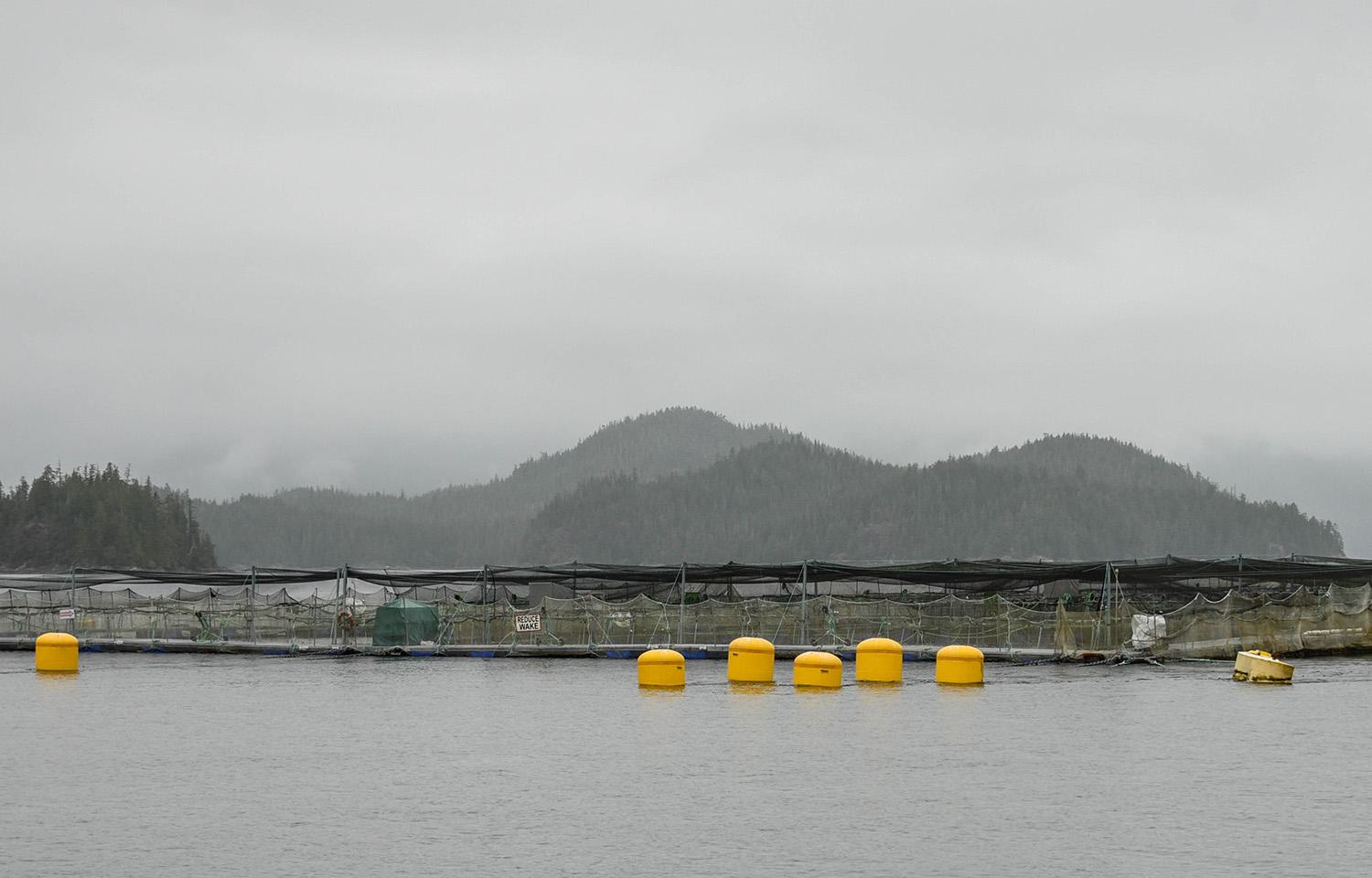We combine cutting-edge IoT sensors with advanced machine learning algorithms to address the most critical challenges facing modern aquaculture operations.

Salmon farming operations in British Columbia have secured a significant legal victory after the provincial Supreme Court rejected the federal government's attempt to dismiss multiple lawsuits seeking compensation for economic losses. Justice Lauren Blake ruled that aquaculture companies have sufficient grounds to pursue their damage claims against Ottawa and former federal ministers.
The court decision involves four separate legal actions filed by major aquaculture operators including Mowi Canada West, Cermaq Canada, Allen Diving Ltd, and James Walkus Fishing Company Ltd. These companies are pursuing financial compensation for what they characterize as unlawful government actions that effectively terminated salmon farming operations in the Discovery Islands region. The legal disputes stem from controversial decisions made by former Fisheries Ministers Bernadette Jordan and Joyce Murray to discontinue license renewals for open-net pen salmon farming operations in the strategically important waterway located between Vancouver Island's northern coast and the British Columbia mainland.
Federal authorities, including former ministers Jordan and Murray along with the Attorney General of Canada, had sought to have the damage claims dismissed entirely. They argued that the companies were attempting to circumvent established federal judicial review processes by pursuing compensation through the provincial court system. However, Justice Blake determined that the legal claims disclosed reasonable causes for action and were not destined to fail. The court found that the plaintiffs had overcome the significant burden required to demonstrate that their cases merit judicial consideration. This provincial court victory represents a distinct legal avenue from previous federal court challenges regarding the same aquaculture policies. In June 2024, a federal judge had rejected a separate judicial review application filed by salmon farming companies and two First Nations groups challenging the government's license non-renewal decisions. The current provincial court ruling allows the companies to pursue financial compensation for damages, while the earlier federal proceedings focused on the administrative legality of the government's licensing decisions. The federal court case is currently under appeal. The Discovery Islands region has been a focal point of controversy surrounding British Columbia's aquaculture industry. The area has hosted salmon farming operations for over three decades, with companies arguing that their activities posed minimal risk to wild salmon populations based on scientific assessments. Industry representatives estimate that the closure decisions have resulted in significant job losses and economic disruption for coastal communities that depend on aquaculture operations. The companies argue that these impacts were unnecessary given scientific evidence indicating low risk to wild salmon stocks. The legal battles occur against the backdrop of the federal government's broader commitment to phase out open-net pen salmon farming in British Columbia coastal waters by 2029. This policy direction has generated substantial opposition from industry stakeholders, some First Nations groups, and affected communities.


Justice Blake has directed both sides to reach agreement on the specific damages that should be sought in the four separate lawsuits. If the parties cannot reach consensus on these matters, they will need to appear before the Supreme Court for further direction. The court victory enables the aquaculture companies to proceed with their pursuit of financial compensation while the broader policy debates about salmon farming's future in British Columbia continue through other channels.